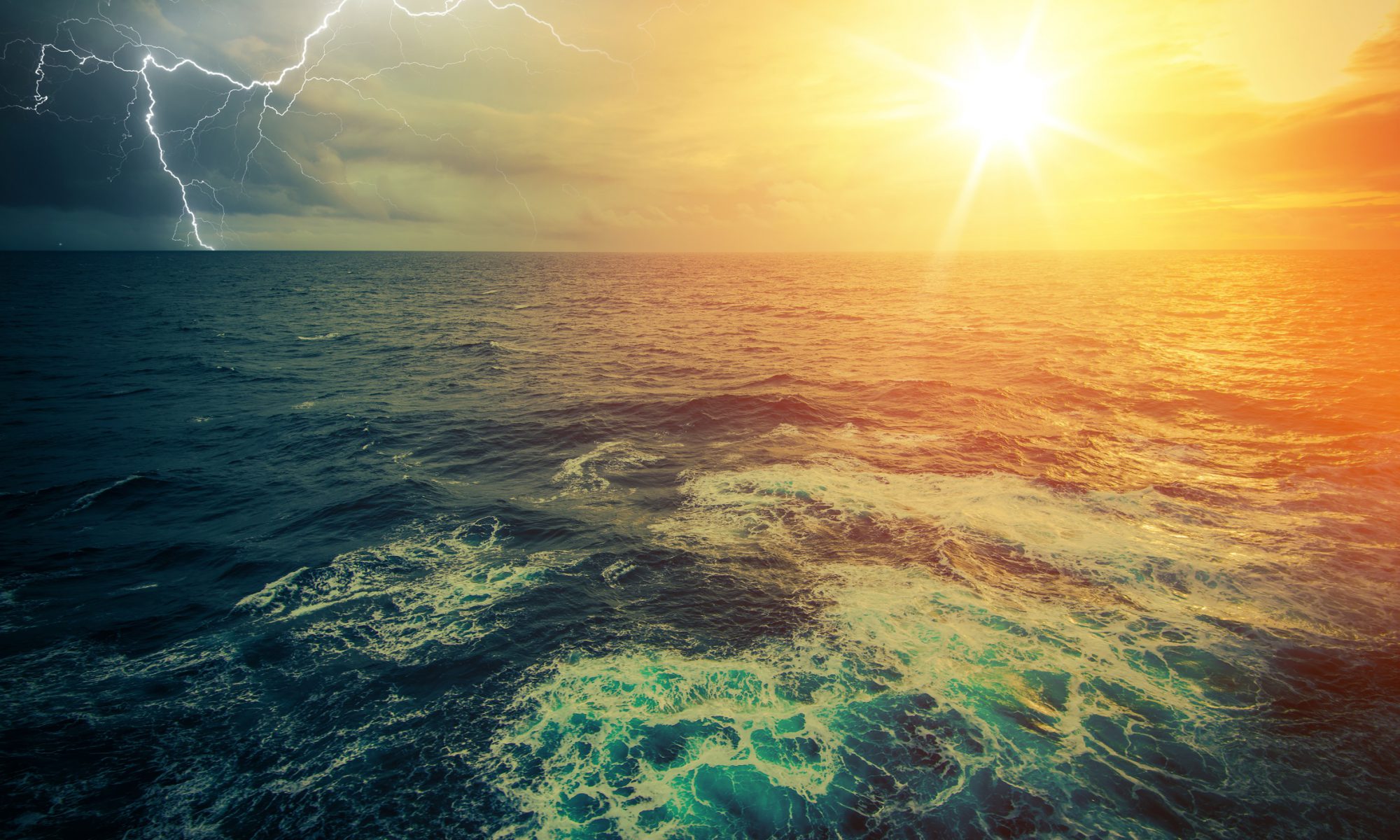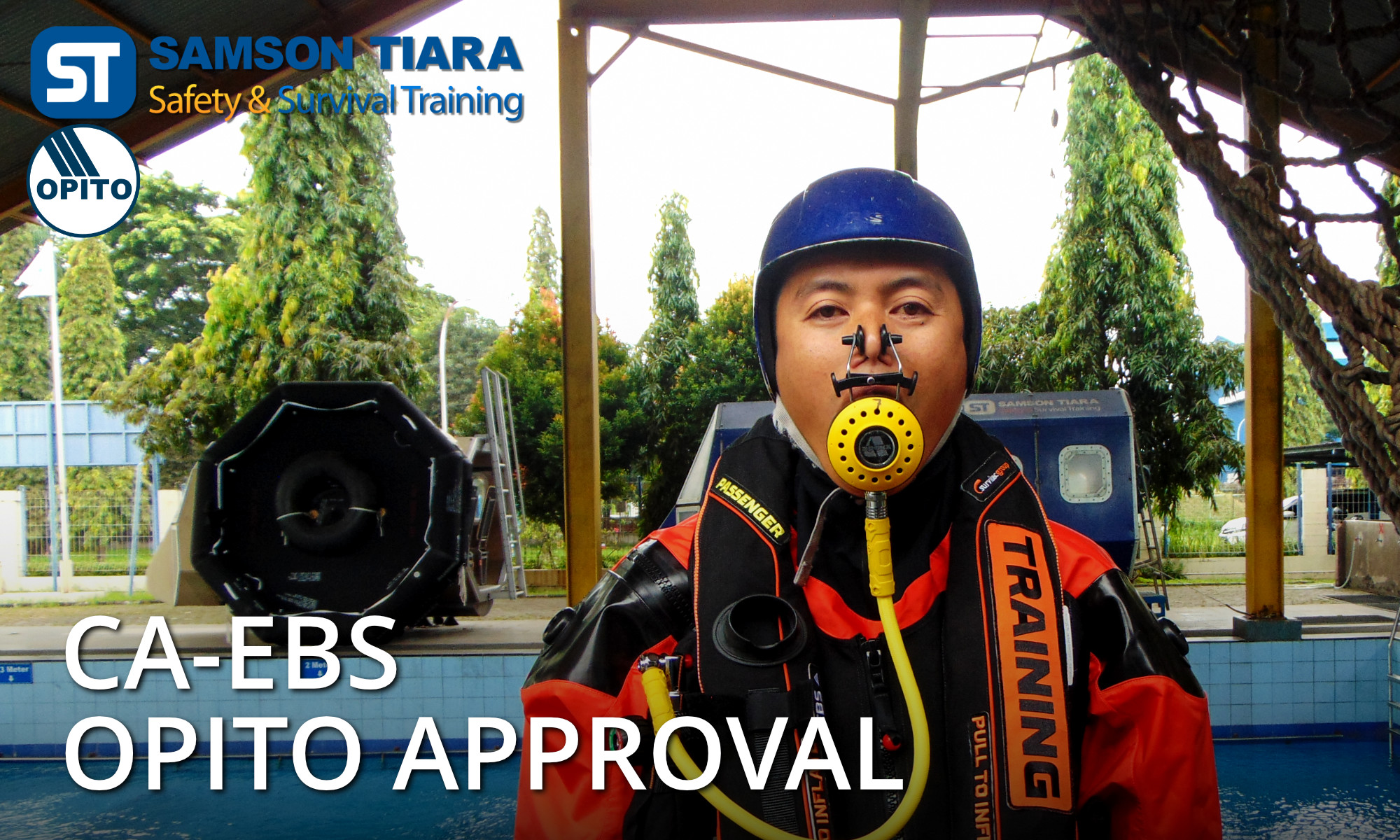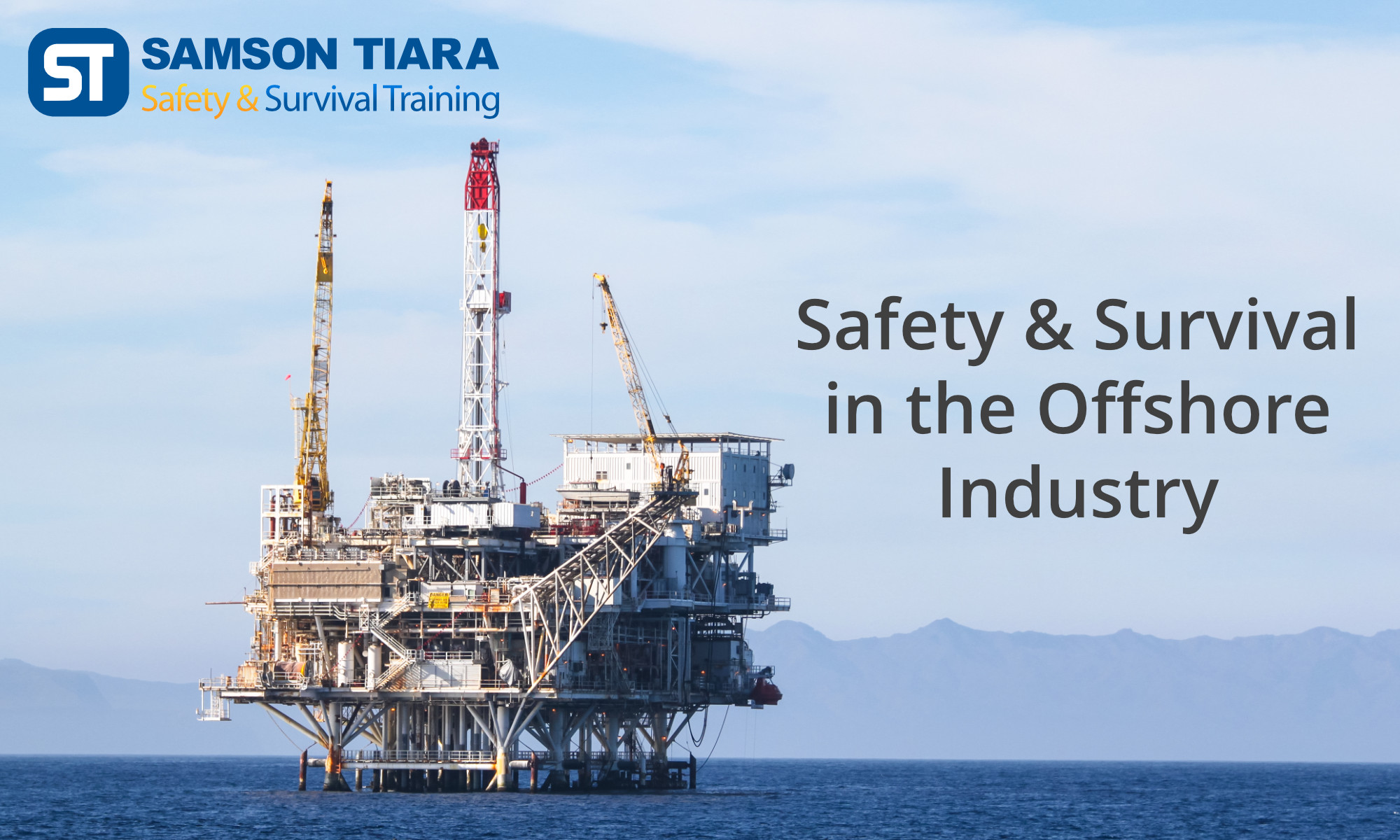PT Samson Tiara is pleased to announce it has received OPITO approval for Compressed Air Emergency Breathing System (CA-EBS) training. The first provider in Indonesia to attain OPITO approval for CA-EBS, this training will be conducted both as a standalone course for those who already have a recently completed BOSIET, T-BOSIET, FOET or T-FOET as well as an add-on option for those courses.
All available courses which will cover CA-EBS include:
-
-
- Compressed Air Emergency Breathing System (CA-EBS) Initial Deployment Training – 5902
- Basic Offshore Safety Induction and Emergency Training (BOSIET) with Compressed Air Emergency Breathing System (CA-EBS) – 5750
- Basic Offshore Safety Induction and Emergency Training (BOSIET) with Compressed Air Emergency Breathing System (CA-EBS) Digital Delivery – 5752
- Further Offshore Emergency Training (FOET) with Compressed Air Emergency Breathing System (CA-EBS) – 5850
Tropical BOSIET with CA-EBS – 5508 - Tropical BOSIET with CA-EBS and Travel Safely by Boat – 5509
- Tropical FOET with CA-EBS – 5194
- Tropical FOET with CA-EBS and Further Travel Safely by Boat – 5927
- Helicopter Underwater Escape Training (HUET) with Compressed Air Emergency Breathing System (CA-EBS) – 5295
- Tropical HUET with CA-EBS – 5929
-




